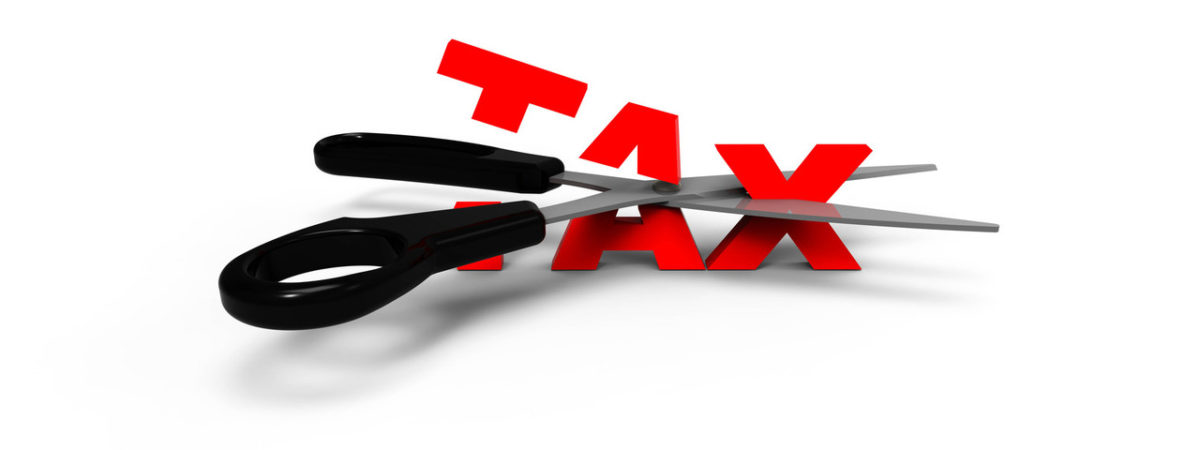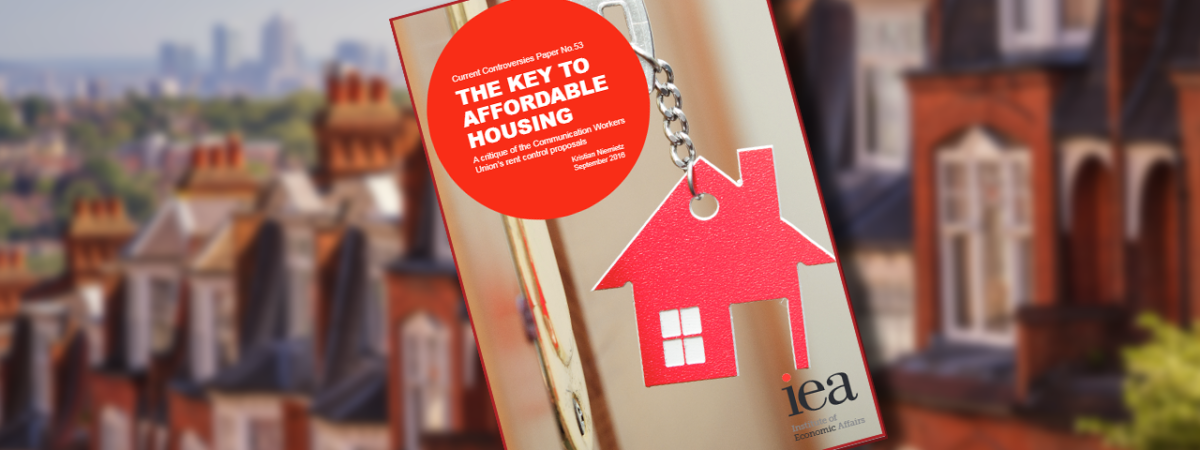The low-hanging fruit on the Brexit tree: repeal the Tobacco Products Directive
SUGGESTED



Recent years have seen a mass switchover from smoking to vaping that has been a boon for consumers, small businesses and ‘public health’. Britain now has the second lowest smoking rate in Europe. This all happened under a free market for e-cigarettes which no longer exists thanks to over-eager bureaucrats in Brussels. Pointless EU regulations have restricted competition, raised prices and reduced consumer choice. The advertising restrictions are so severe that it is questionable whether the government’s own stop smoking campaign, which promotes vaping, is legal.
Most British MEPs did not vote for these laws. The minister in charge, Anna Soubry, was not even aware that they had been passed. When they came into effect, they were condemned in the House of Lords and an Early Day Motion was proposed in the House of Commons calling for their repeal. Public Health England says that the EU’s Tobacco Products Directive – which brought the regulations into force – ‘certainly raises the barrier for bringing [e-cigarette] products to market … and will undoubtedly constrain the market’.
It is difficult to find anyone in Britain who is prepared to defend the EU on this front. If we are not prepared to repeal these unnecessary and damaging regulations after Brexit, we won’t repeal anything. This is the lowest of the low-hanging fruit and plucking it is a relatively simple matter, as I explain in a new IEA report published today (Vaping Solutions: An Easy Brexit Win).
The Tobacco Products Directive should have never included regulations for non-tobacco products such as e-cigarettes in the first place. The vaping market functioned better under the relatively laissez-faire regime that preceded it than it has since. The sooner it returns to its previous state, the better for the health, prosperity and liberty of the nation.
3 thoughts on “The low-hanging fruit on the Brexit tree: repeal the Tobacco Products Directive”
Comments are closed.





Why limiting vapers to tiny (10ml) bottles of fluid, limiting nicotine concentrations?
Read https://www.health.harvard.edu/blog/electronic-cigarettes-good-news-bad-news-2016072510010
Very true. I’d just talked myself into vaping nicotine from a very realistic nucig product. No tank, a cartridge. When the EU directive banned nicotine containing cartridges.
The reason for the TPD being passed is very simple. Intensive lobbying from the Pharma companies.
They stand to lose very large amounts of money due to their NRT products being ignored because they are ineffective. They will not recover the R&D costs associated with their development and sales will go into decline once GPs can recommend alternative products.
People love to blame big tobacco, but look at how they are progressing into alternative products themselves with het-not-burn (a wrong direction) and starter kits for vapers (the right direction).
There may well come a time when tobacco companies no longer make cigarettes at all, but serve as producers of high-quality nicotine for vaping.